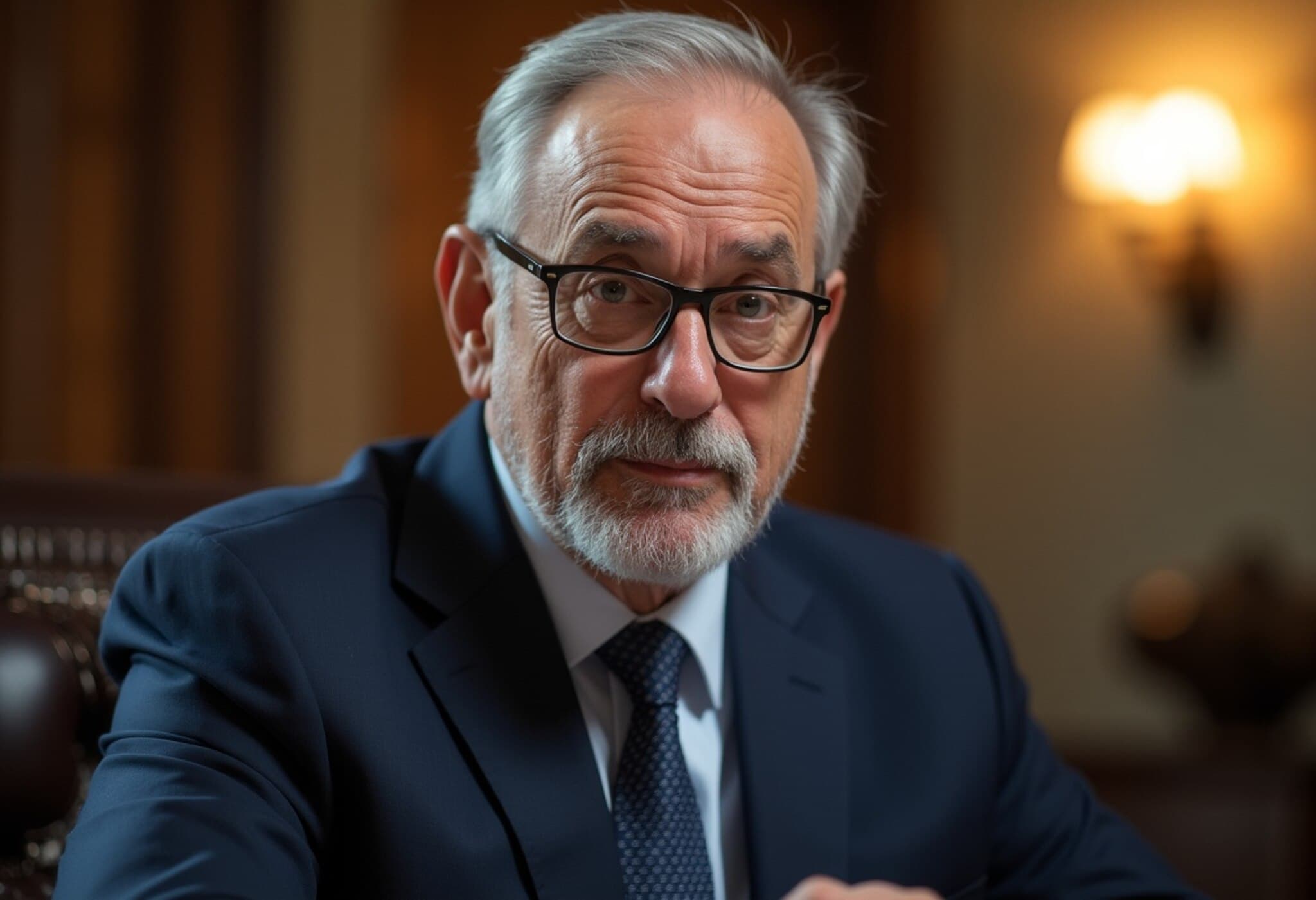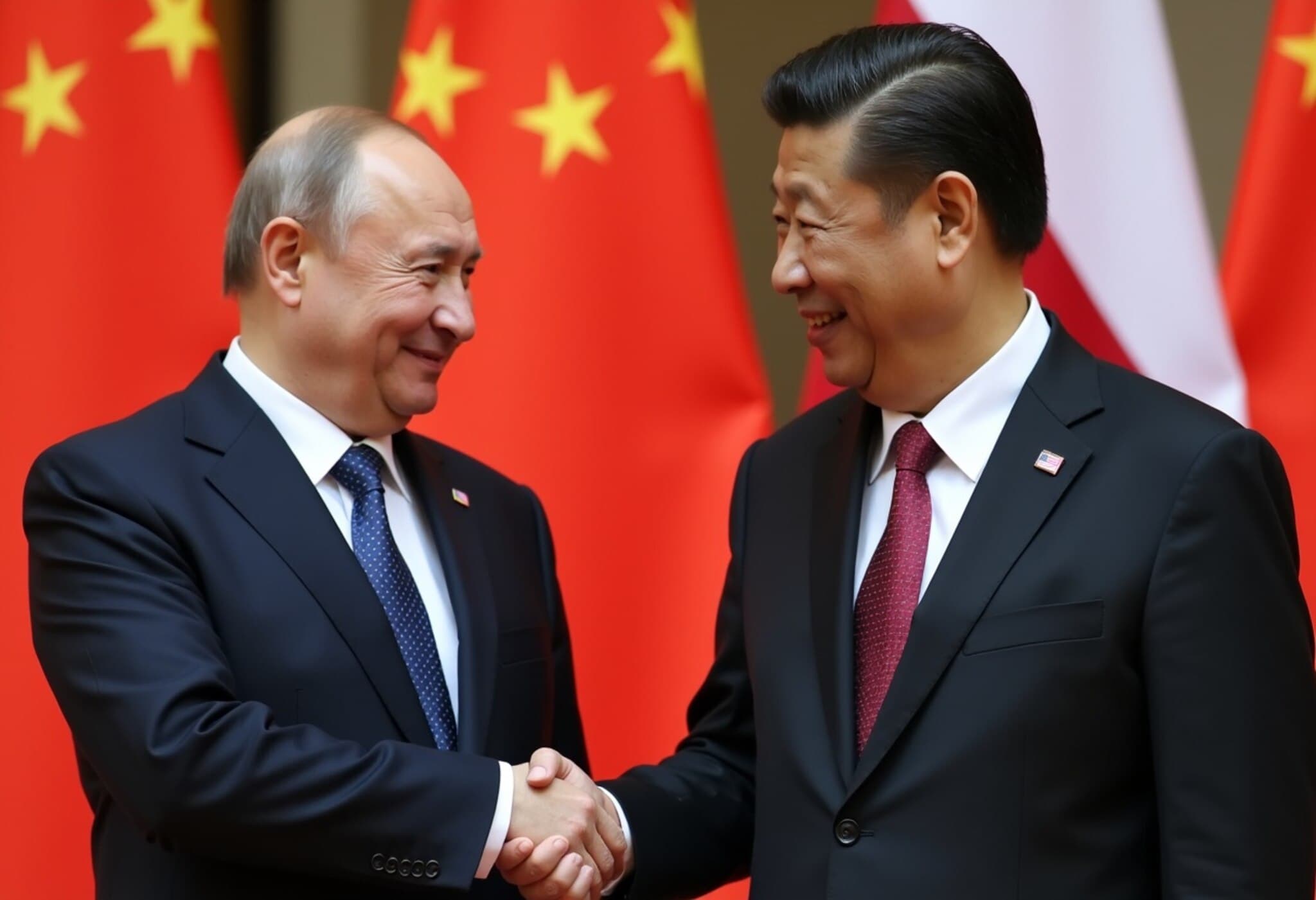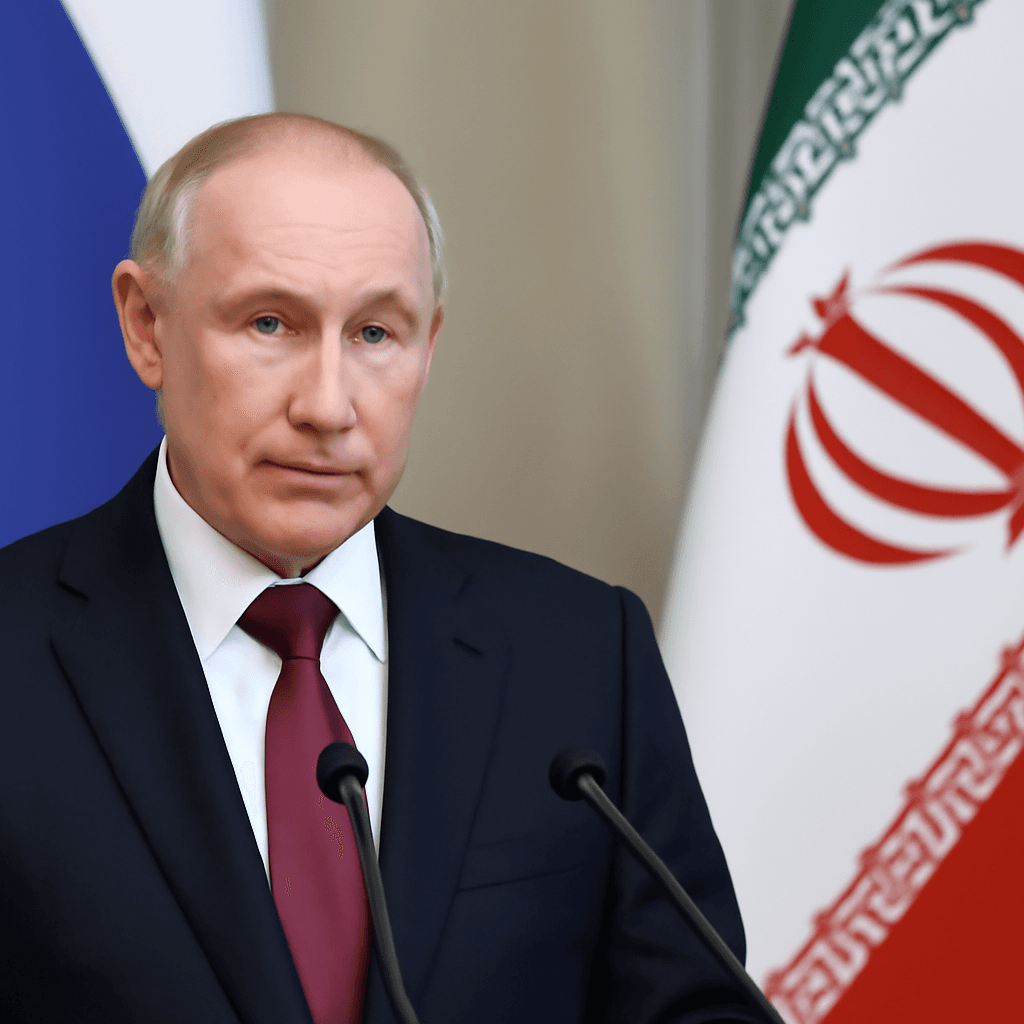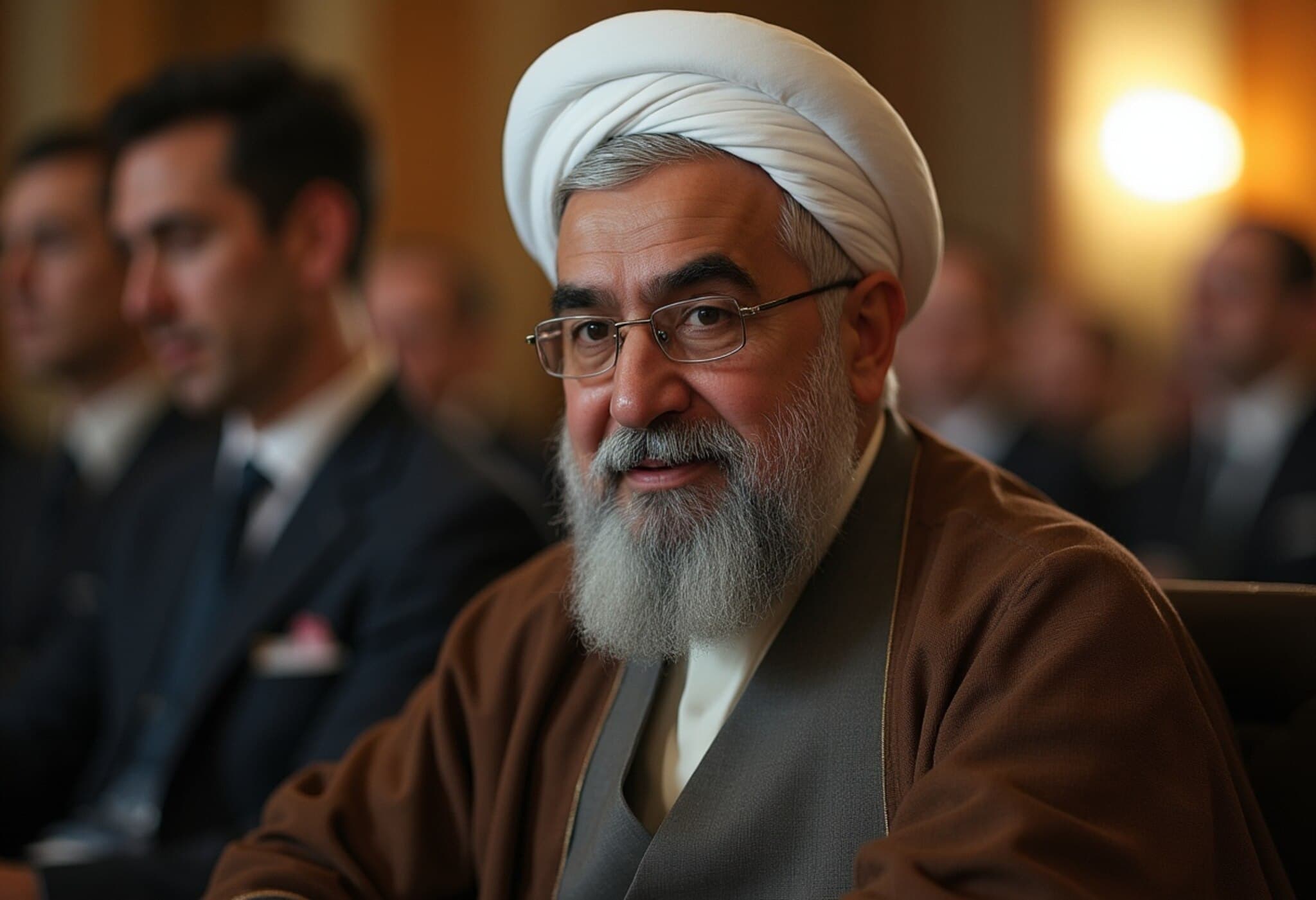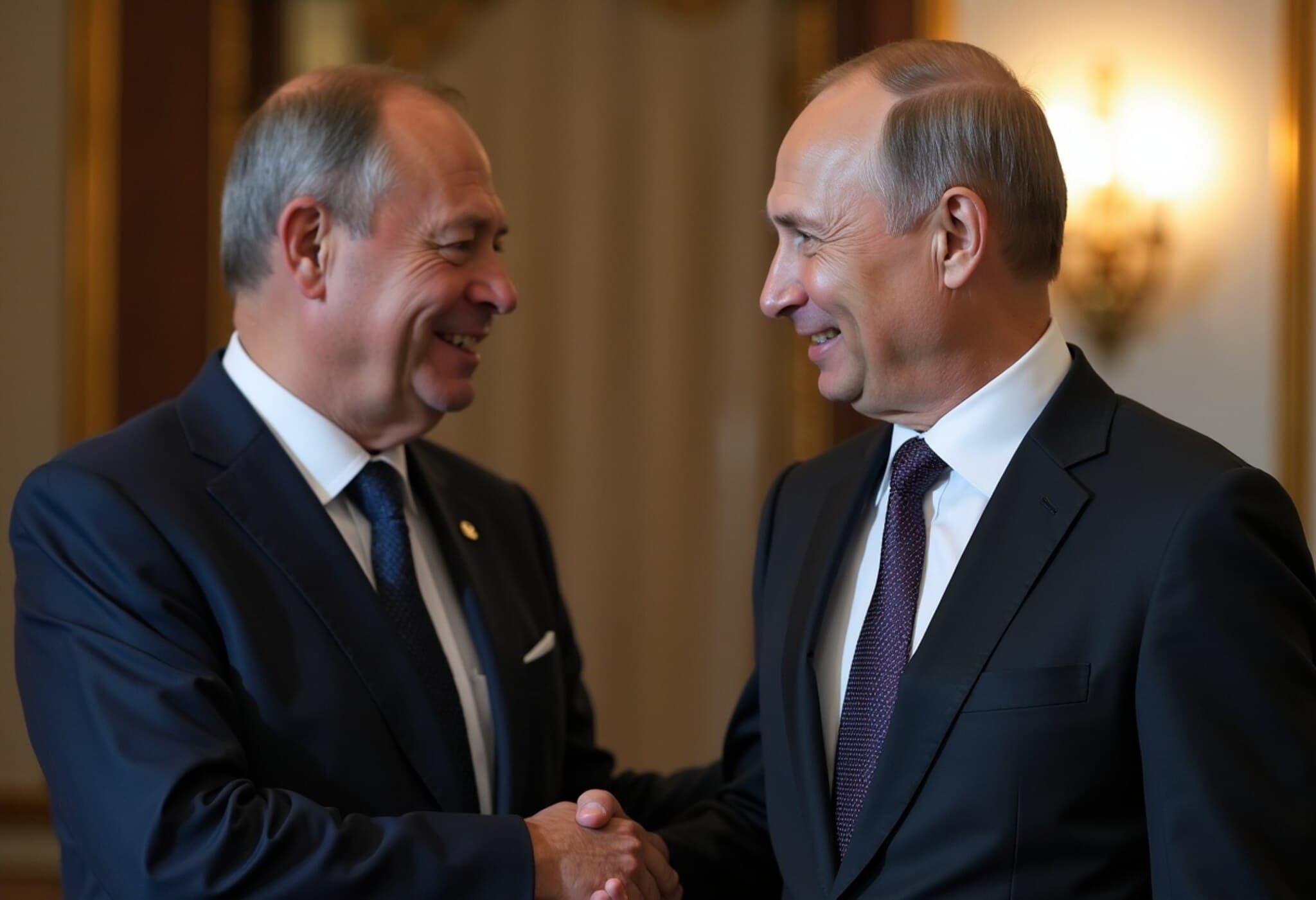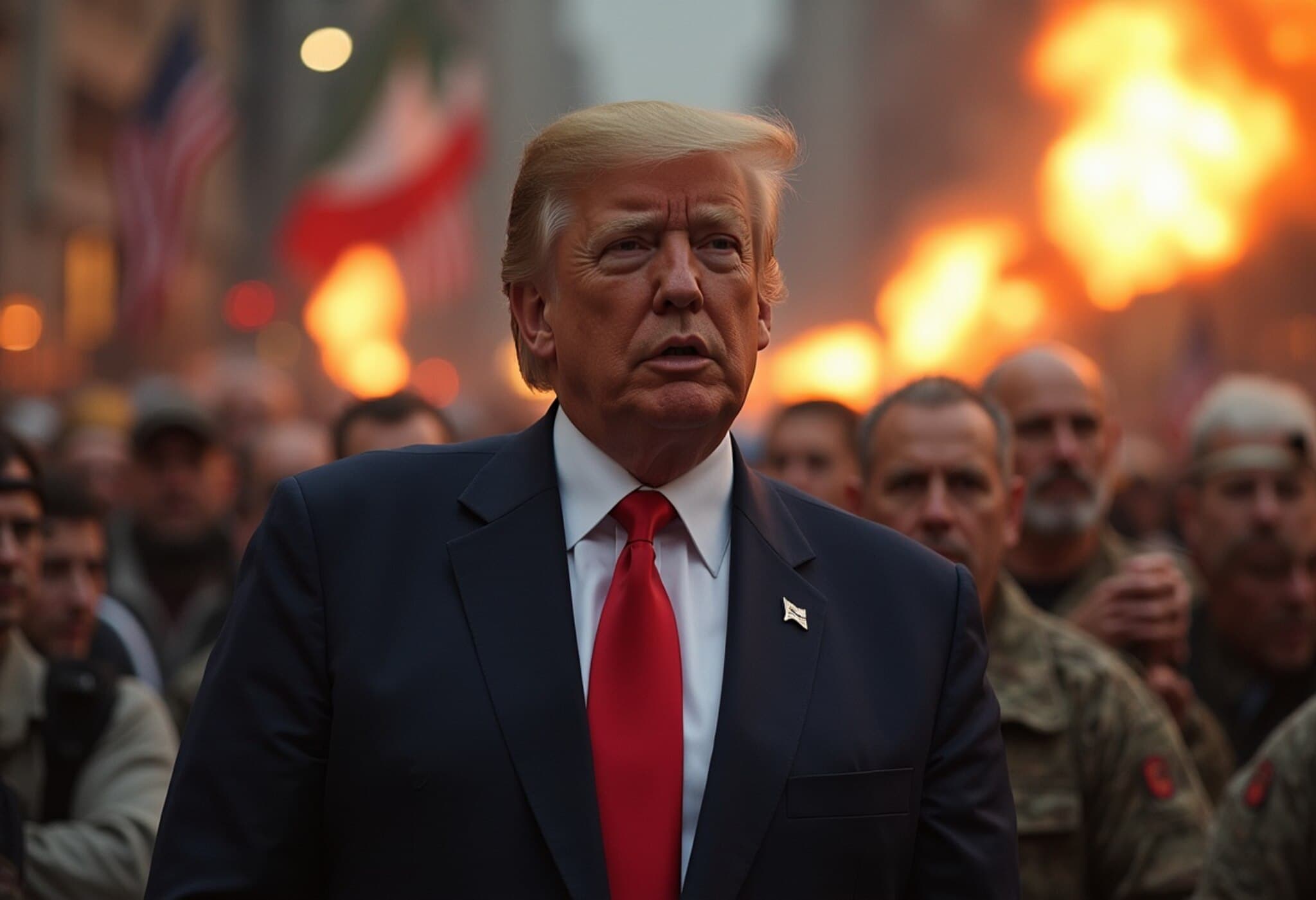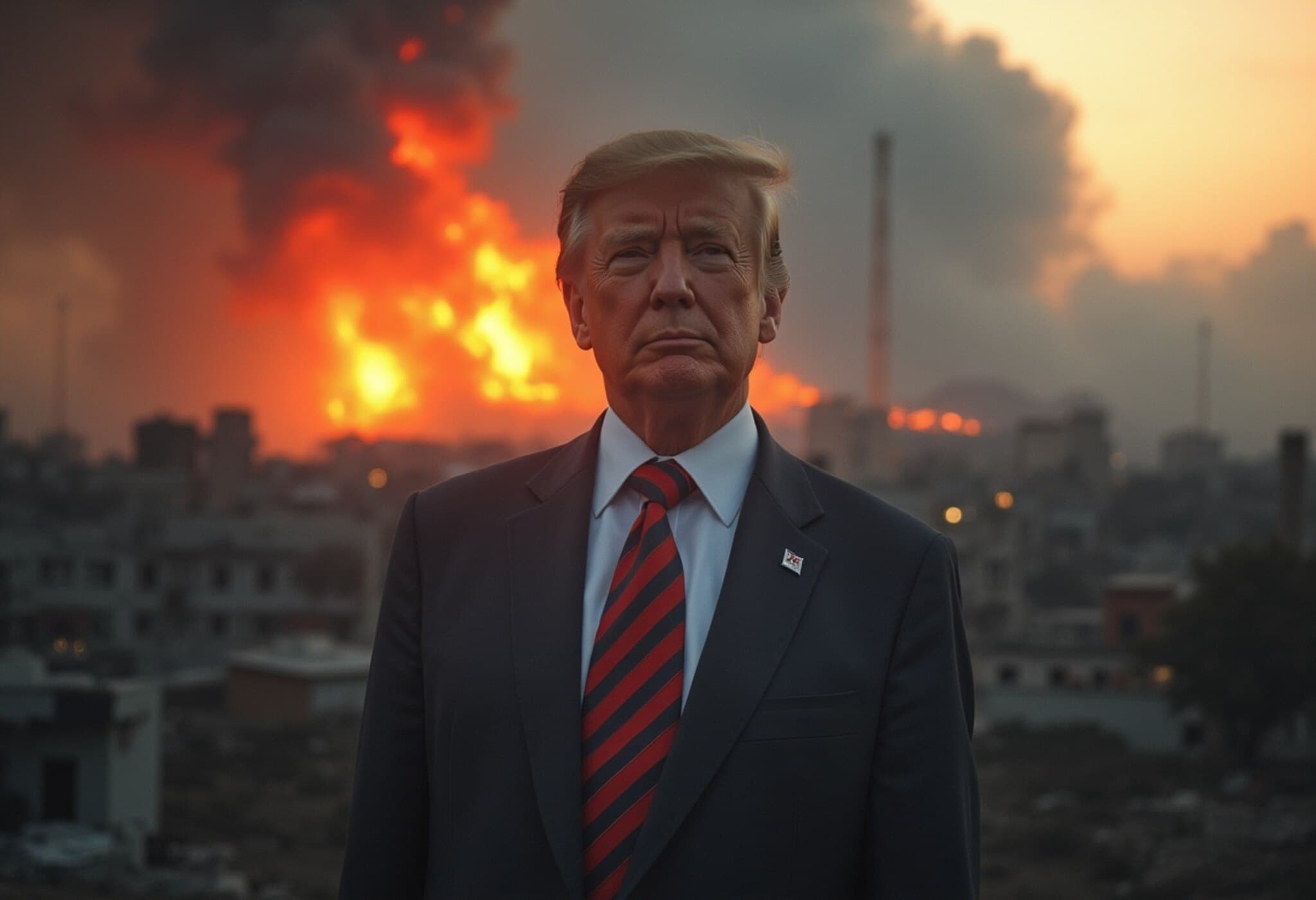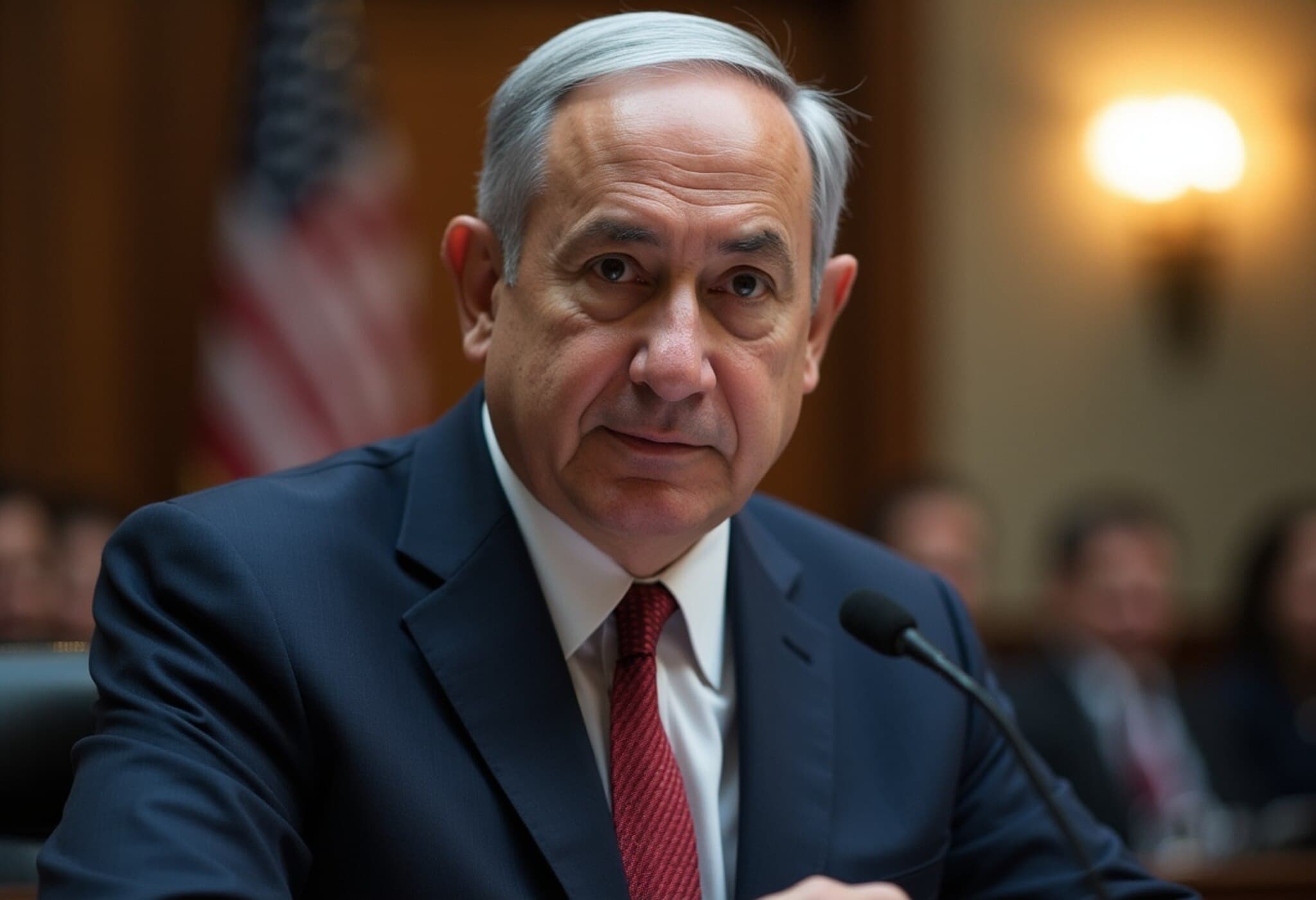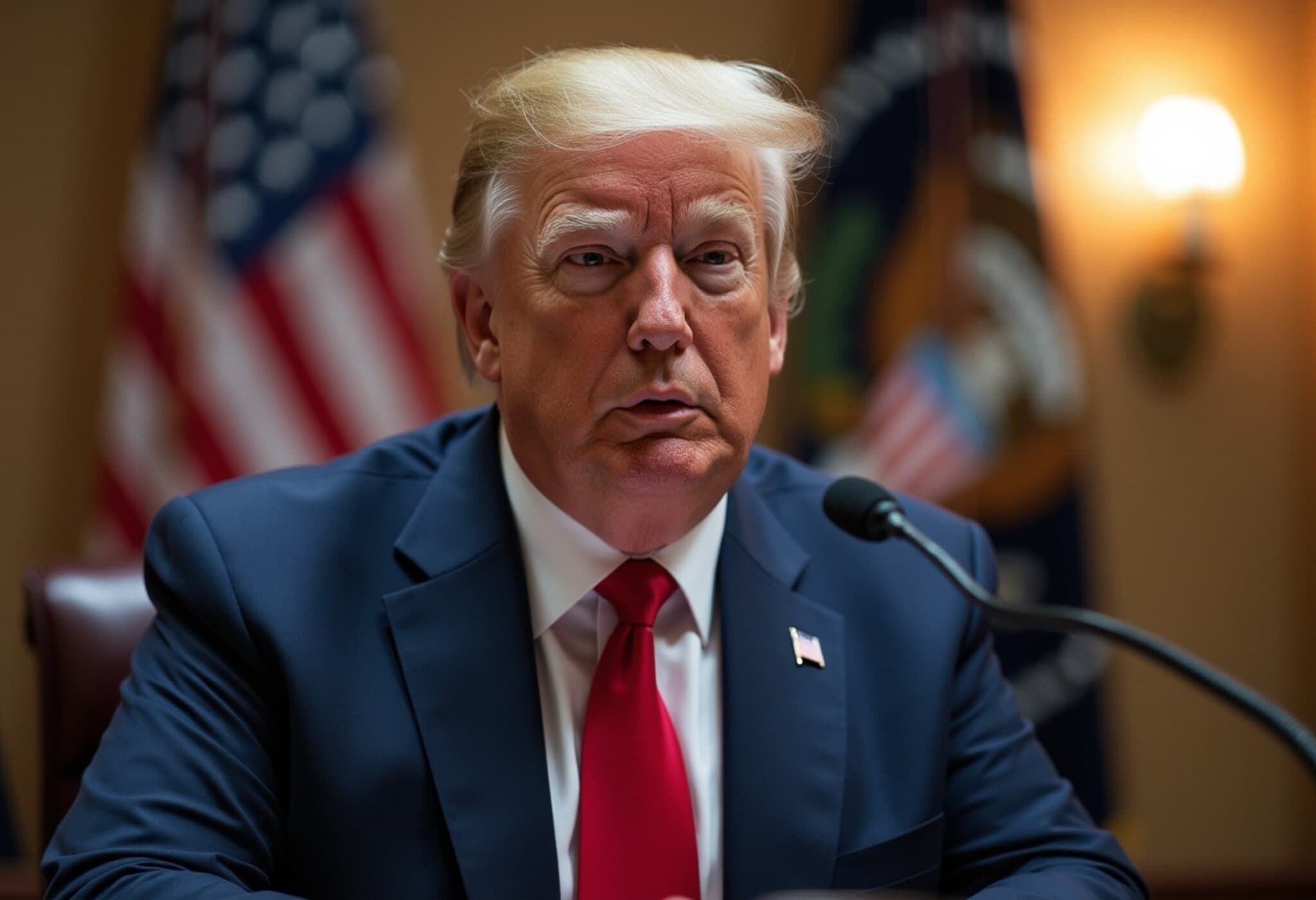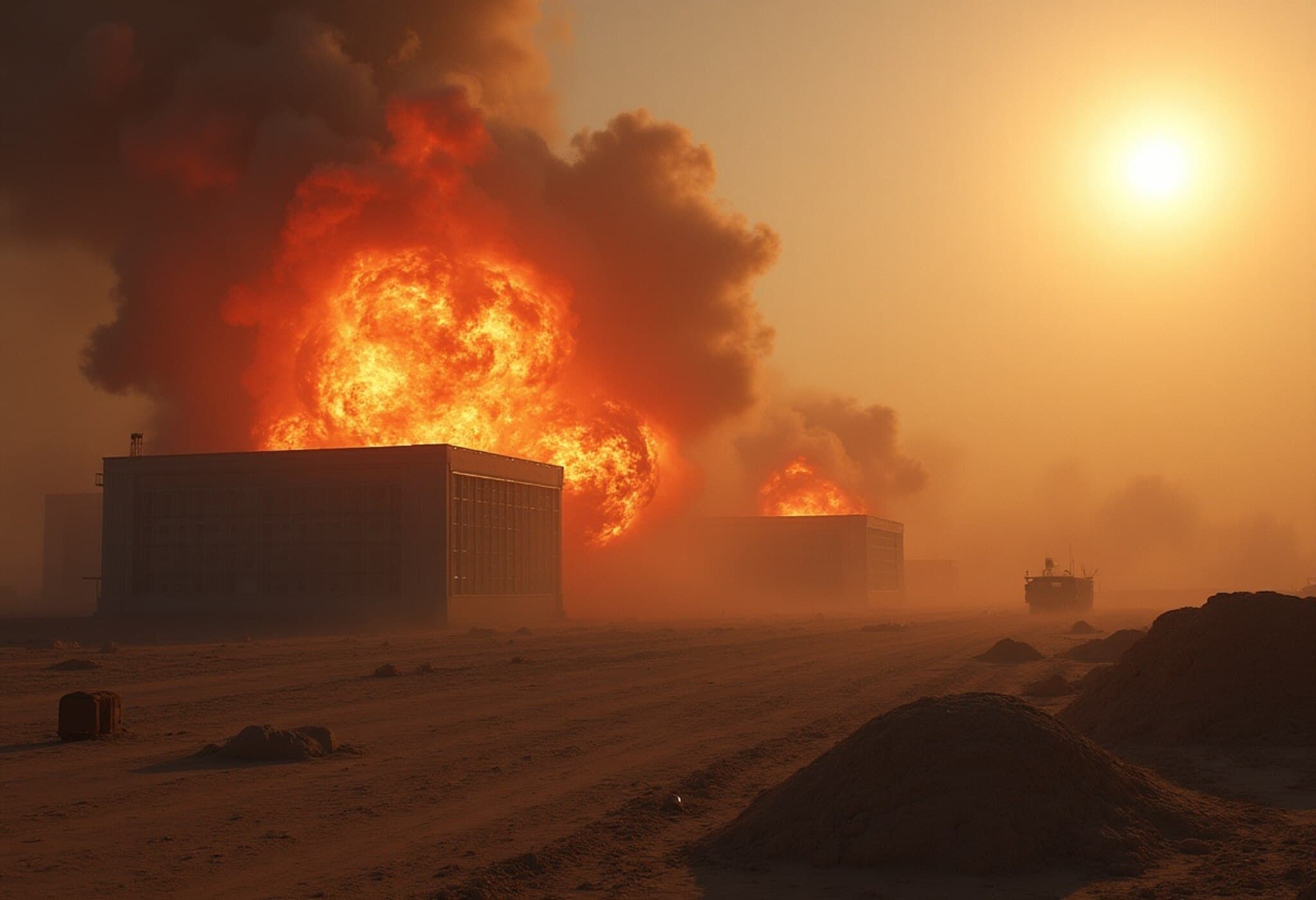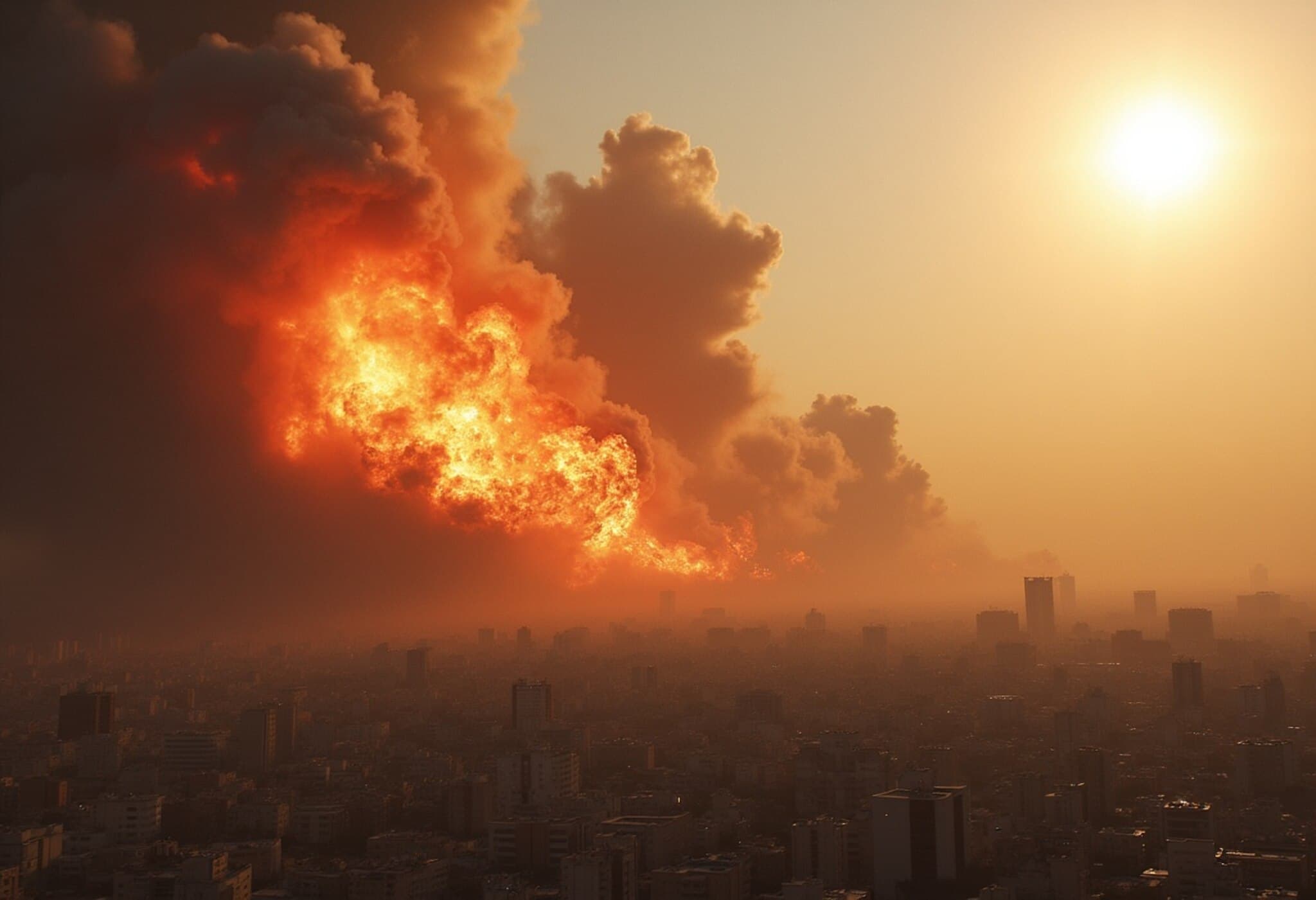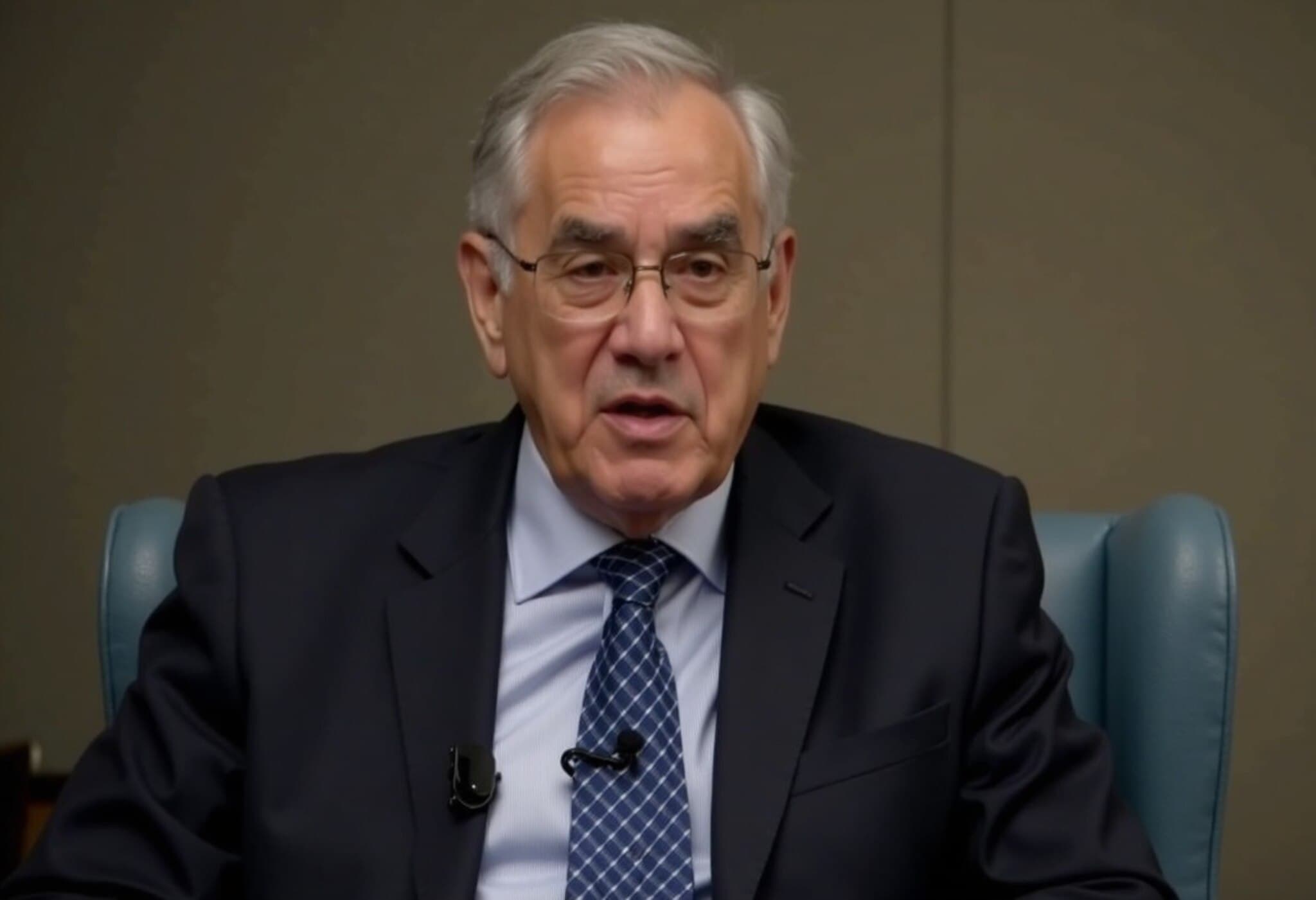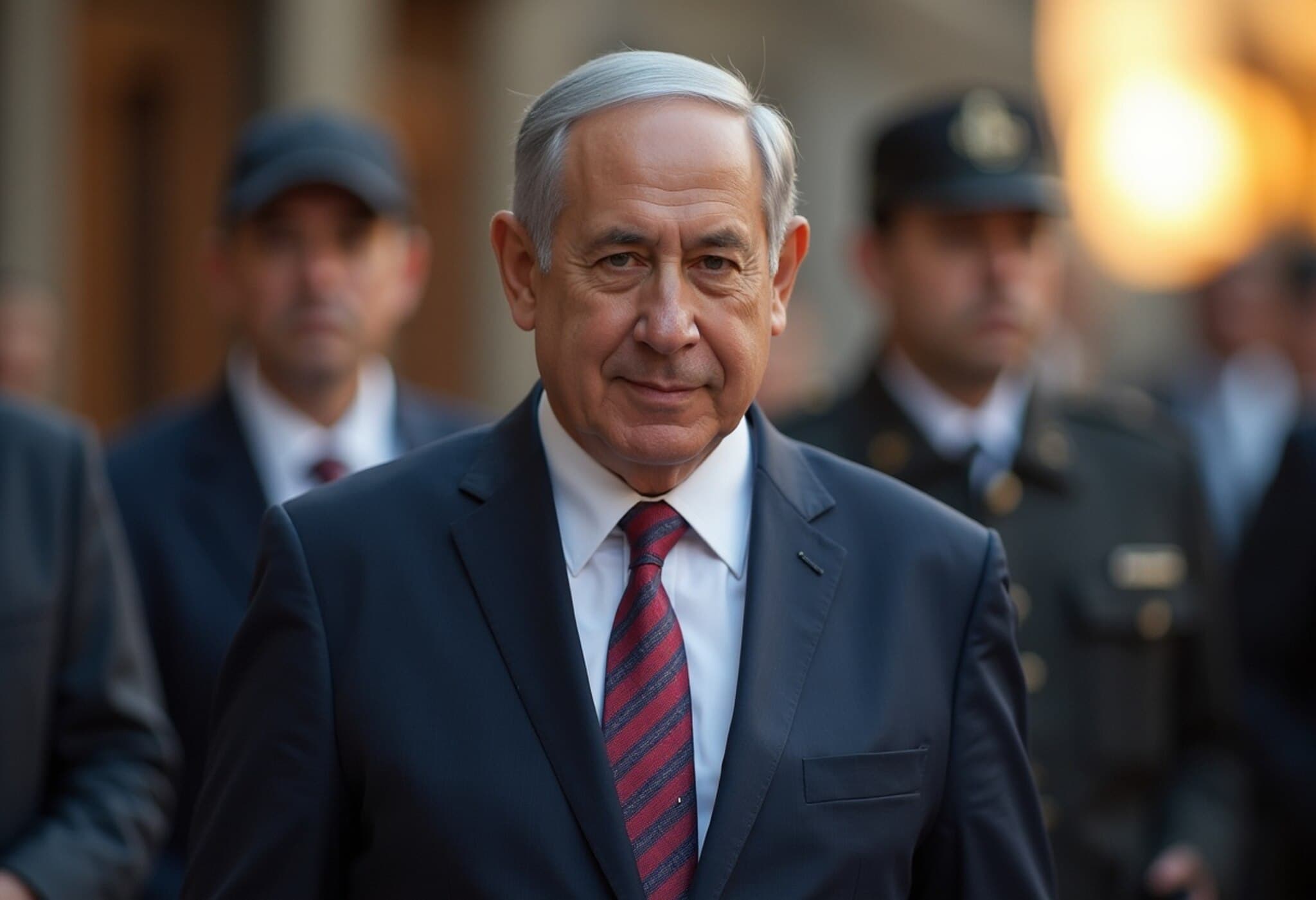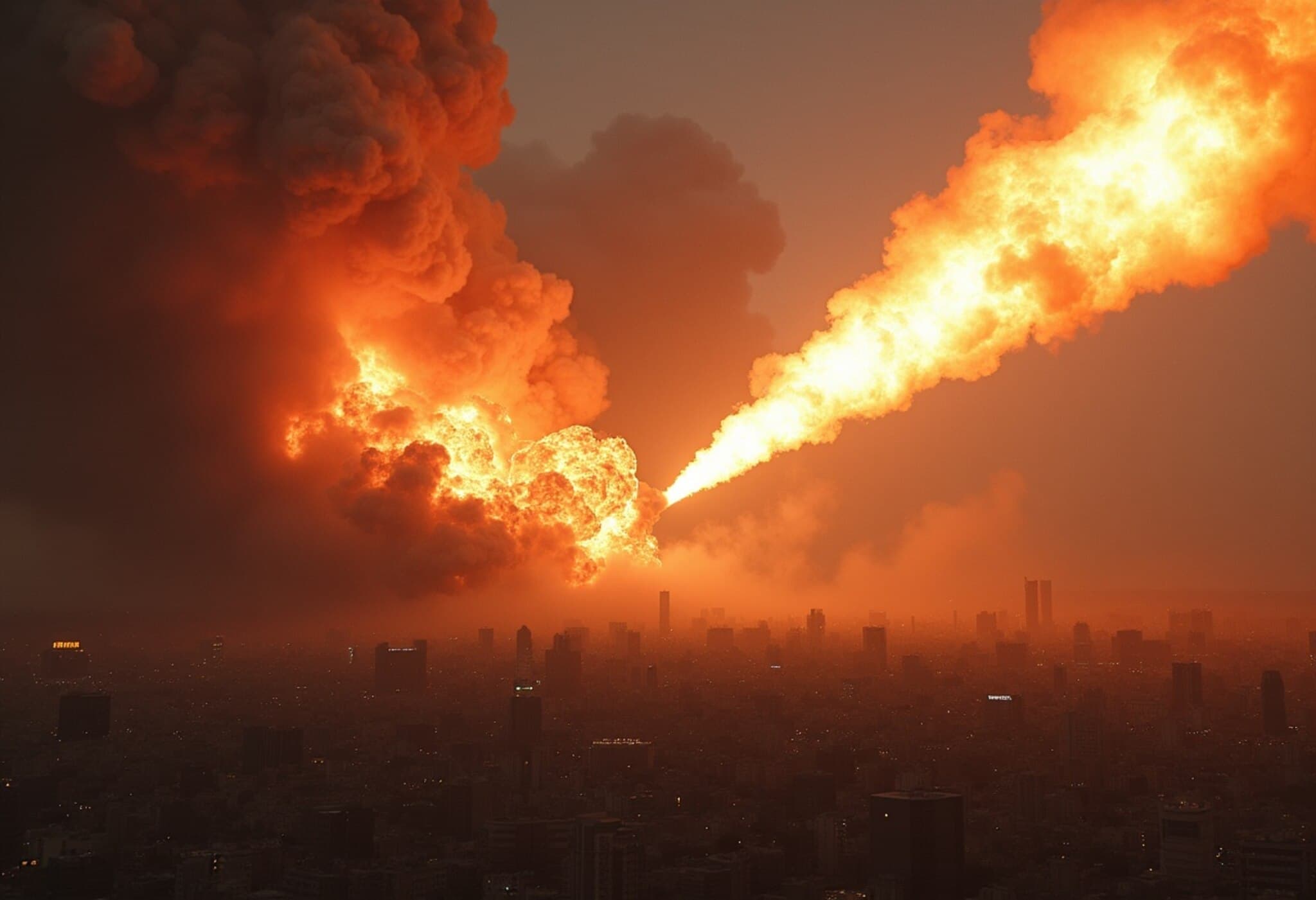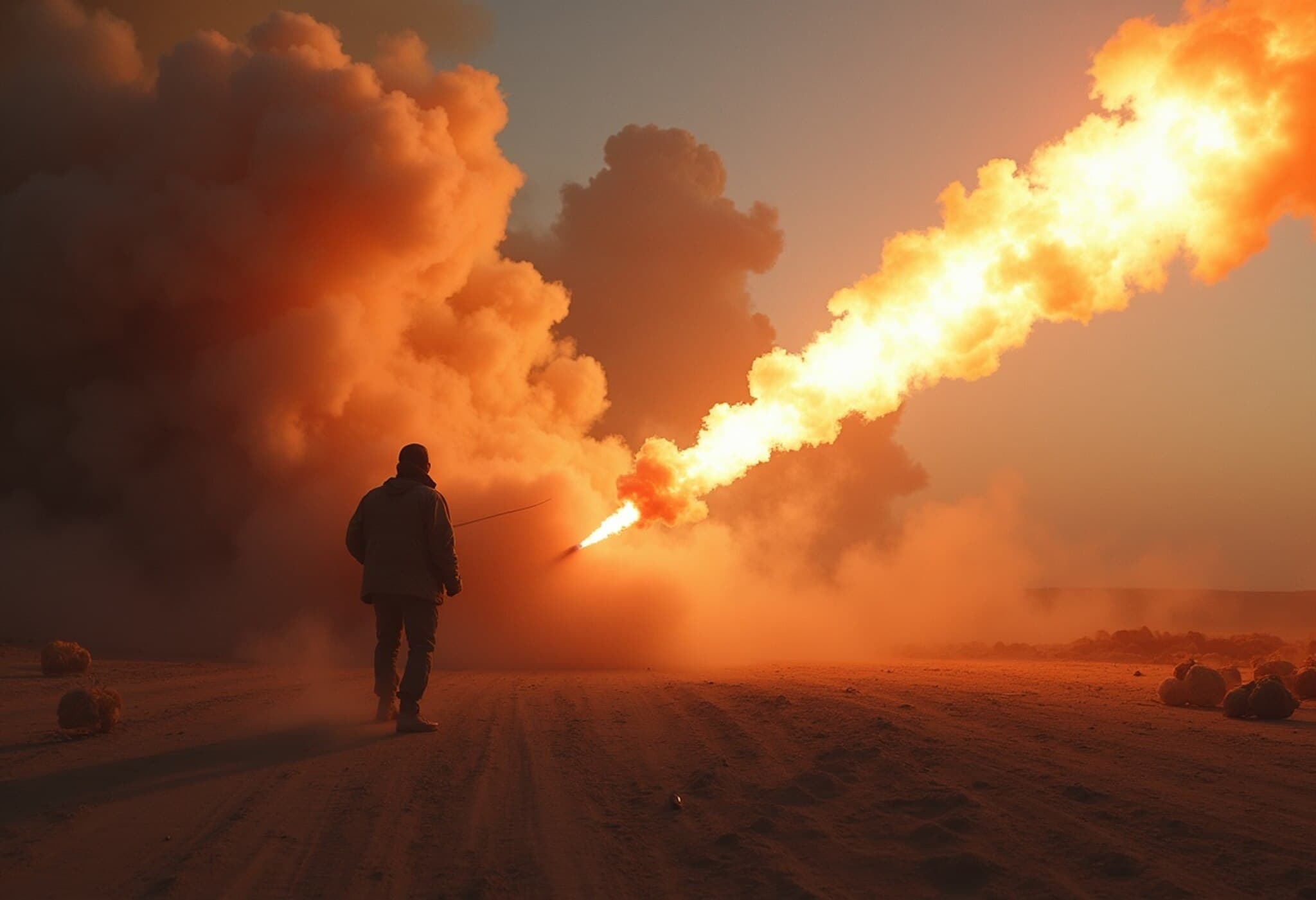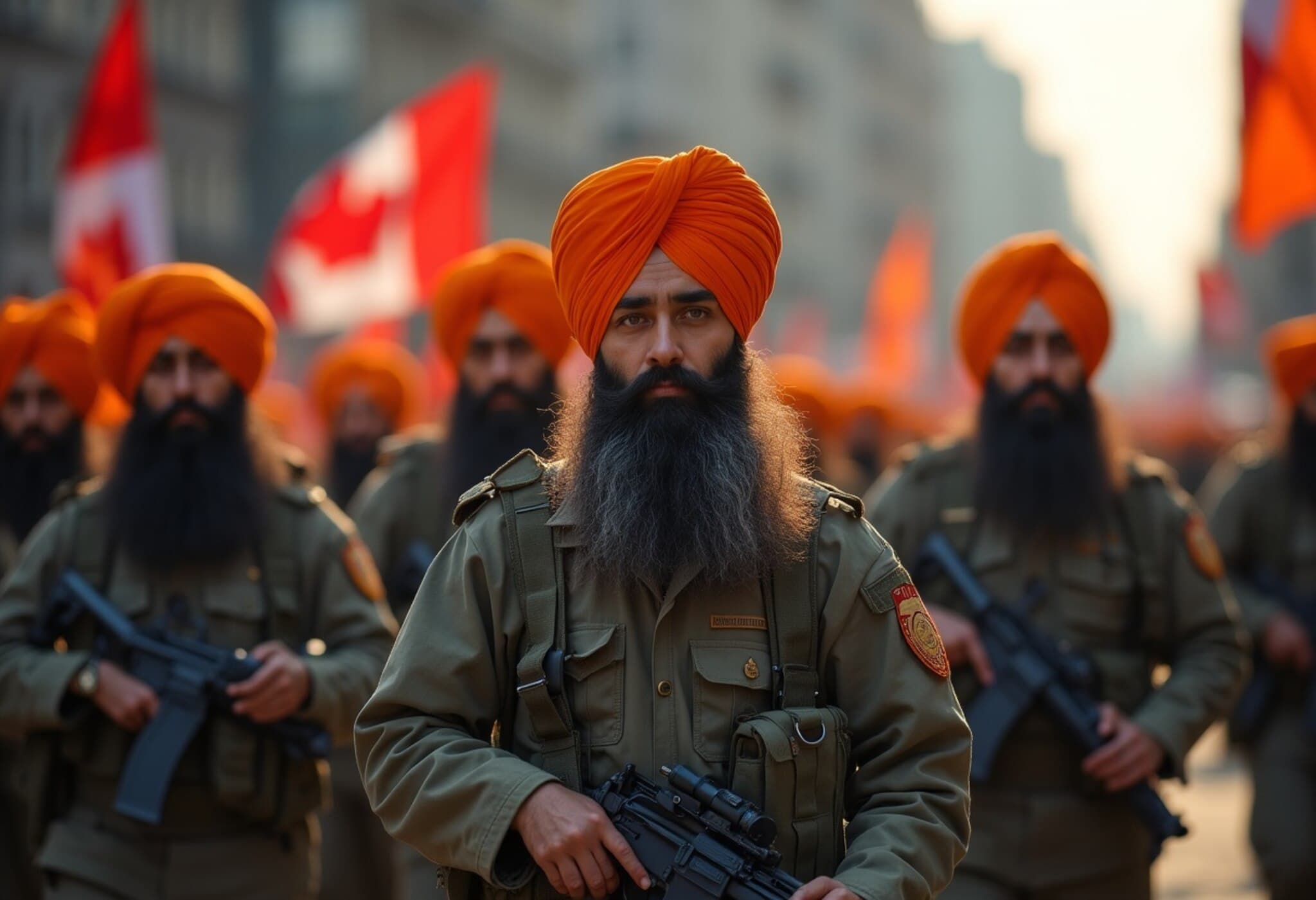Israel’s Stance: Nuclear Disarmament, Not Regime Overthrow
In a clear and candid statement, Israeli President Isaac Herzog emphasized that Israel's mission regarding Iran is not to pursue regime change but rather to dismantle its nuclear ambitions. During a detailed interview, Herzog insisted that removing Iran's nuclear capabilities remains Israel's foremost objective.
Accusing Tehran of Nuclear Deception
Herzog accused Tehran of "cheating" and hastening its efforts to build nuclear weapons, describing it as “rushing to the bomb.” He further noted that while regime change is not Israel's declared goal, such a shift could potentially usher in increased regional peace.
Impact of Israeli Strikes on Iran’s Nuclear Program
Highlighting recent military actions, Herzog pointed out that Israel’s airstrikes on key Iranian targets have delivered a tangible setback to Tehran’s nuclear initiatives. These strikes, which began earlier in June, focus on disrupting Iran’s nuclear infrastructure amid escalating tensions between the two nations.
International Reactions and Intelligence Insights
The International Atomic Energy Agency has urged Iran to fully cooperate with inspections to ensure its nuclear program is peaceful—a warning that echoes global concerns over Tehran’s intentions.
Meanwhile, the intelligence community in the United States maintains a nuanced standpoint. In contrast to some political rhetoric suggesting Iran’s proximity to acquiring a nuclear bomb, the U.S. intelligence assessment indicates that Iran is not actively building such weapons, and Tehran's supreme leader has not authorized an active nuclear weapons program since suspending it in 2003.
Global Spectrum of Responses
- The Group of Seven (G7) condemned Iran as the primary cause of regional instability and terror, reinforcing their stance that Iran must never obtain nuclear weapons.
- China’s Position: Chinese officials criticized Israel’s strikes as violations of Iran’s sovereignty, affirming China’s support for Iran’s national interests and condemning foreign military actions.
Diplomatic Channels Still Open Amid Tensions
When pressed on diplomatic efforts to ease the escalating conflict, Herzog revealed that behind-the-scenes negotiations are ongoing. He described the back-channel discussions and continuous dialogue with international leaders as vigorous, suggesting that engagement remains a vital component of the broader strategy.
A Tough but Necessary Approach
Concluding his remarks, Herzog underscored the urgency of decisive action: “One has to be tough sometimes in order to remove imminent threats. That’s exactly what we’re doing.” This reflects Israel’s commitment to countering perceived dangers posed by Iran’s nuclear progression through a balance of force and diplomacy.

